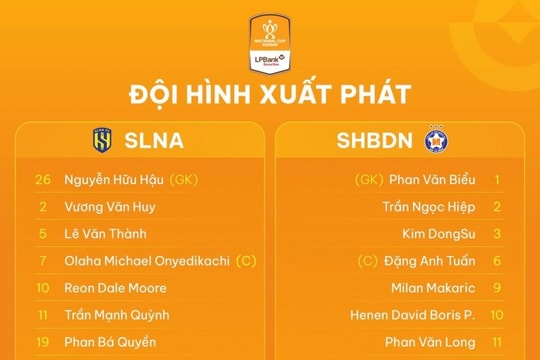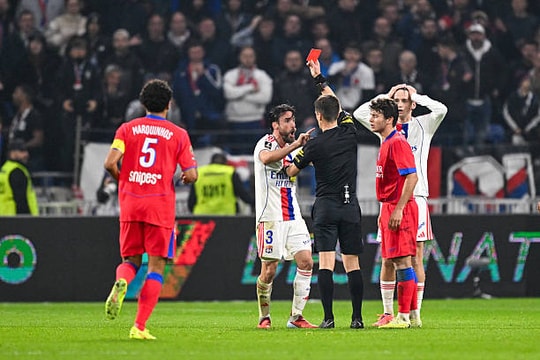VAR rejects Van Dijk's goal: paradox at Man City - Liverpool
VAR upholds: Robertson offside with 'clear action' on goalkeeper, Van Dijk goal disallowed at Etihad; Howard Webb calls decision 'not unreasonable'.
The moment Virgil van Dijk put the ball into the net at the Etihad on Sunday looked like Liverpool had equalised, but referee Chris Kavanagh and assistant Stuart Burt decided Andrew Robertson was offside and had interfered. VAR checked and upheld the decision. A goal was ruled out, and the debate began again: the same situation, two possible conclusions.
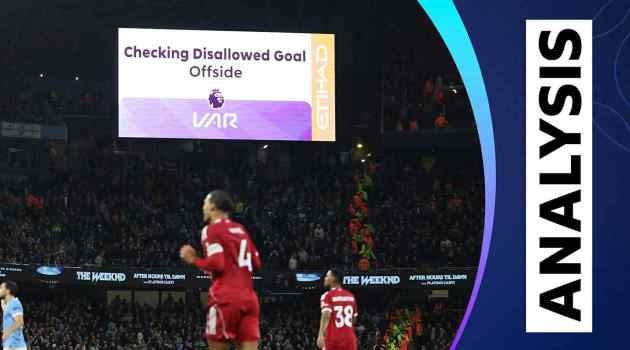
Developments and decisions on the field: Robertson in an offside position
According to the refereeing team, Robertson was in an offside position and ducked to avoid the ball right in front of the goalkeeper in the situation leading to the goal. This is considered an interference with the opponent's ability to play the ball, so Van Dijk's goal was not recognized. VAR reviewed and agreed with the refereeing team on the field.
This is the most delicate and interpretative part of the law. When a goal is disallowed, teams, players and fans rarely accept it. Commentators are also often inclined to disagree – even when the decision is legally sound.
IFAB Law 11 and the concept of 'clear action'
The IFAB's Offside Rule (Law 11) for the 2025-26 season states that any action that could affect an opponent's access to the ball is considered interference. The Premier League's Match Control Centre released a graphic with the message: "Liverpool's offside decision and goal disallowed by VAR was checked and confirmed - Robertson was in an offside position and was deemed to have made a clear move in front of the goalkeeper."
The concept of “obvious action” covers movements that don’t directly play the ball but can confuse opponents: feints, letting the ball slip between the legs, or – in this case – ducking the ball in front of the goalkeeper.
VAR room exchange: 'very, very close to the goalkeeper'
In the audio, it was assistant Stuart Burt who made the comments. Liverpool fans noticed that he twice mentioned Robertson standing within sight of goalkeeper Gianluigi Donnarumma. But the key detail Burt emphasized was: "He ducked to avoid the ball. And he was very, very close to the goalkeeper."
VAR assistant Tim Wood moderated the discussion: "I agree with the decision on the pitch. I think it's offside. It's a clear action and it clearly affects the goalkeeper." VAR head Michael Oliver asked for a view of the goalkeeper before confirming: "He's in an offside position, very close to the goalkeeper and clearly in front of the opponent. Checked, offside."
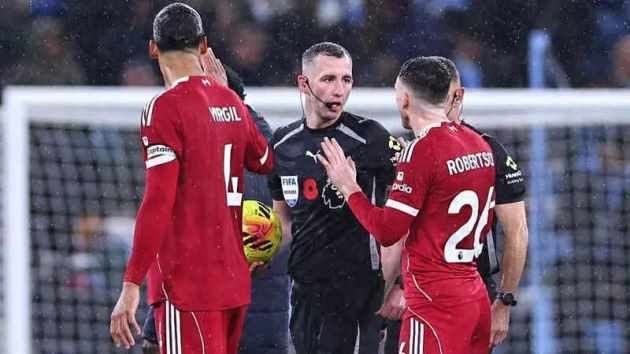
Howard Webb and the 'subjective corridors' of the law
Howard Webb, chief executive of PGMOL, described the Robertson decision as “not unreasonable”. He did not claim it was absolutely correct, as that would negate a valid interpretation in the opposite direction. According to Webb, the situation falls within the “subjective corridor”, where both options could be considered correct depending on the interpretation.
One question is whether the fact that VAR did not analyze the goalkeeper's line of sight influenced the conclusion. Webb believes that the "obvious action" and the very close distance to the goalkeeper were reasonable grounds for not allowing the goal. He also stressed that goalkeepers often make incredible saves, so it is difficult to refute the assertion that the goalkeeper was influenced.
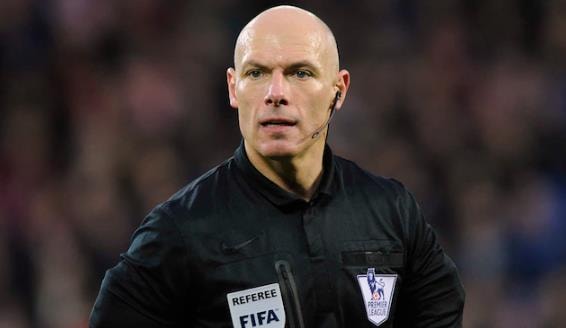
The inherent paradox of VAR: when right and wrong are not just a straight line
The complexity of the rules and the language used means that most spectators do not realise that even a simple ducking can be considered a “clear action”. But that is precisely the provision designed to cover situations where an opponent is disturbed without playing the ball.
In practice, this could be seen as a "40-60" decision in favour of not allowing the goal. However, VAR does not operate on the principle of close ratios; VAR only intervenes when there is a clear error. Therefore, the same situation can have two reasonable views and there will always be one side that feels wronged: one side sees it as "reasonable", the other side sees it as "unreasonable".
The game will pass, but the inherent paradox of VAR – where the rules are open to interpretation, while emotions are hard to quantify – remains. It reminds us that there are moments when football is not just black and white, but also a grey area where reason and emotion collide.

